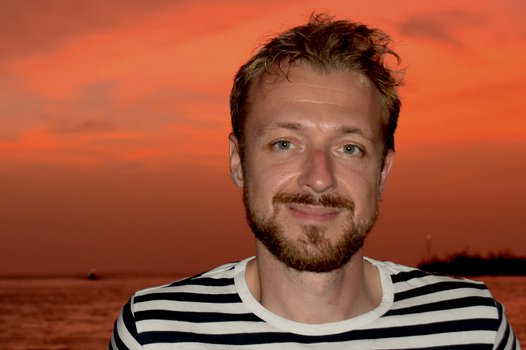Title
Crossmodal plasticity: Recycling the multisensory scaffolding of functional brain networks
The study of the functional organisation of brain regions deprived of their preferred sensory inputs (eg. the occipital cortex of the blind or the temporal cortex in the deaf) has recently provided unprecedented new insights on the old and controversial "nature versus nurture" debate on the mind/brain development. More specifically, the observation that temporal regions in the deaf or occipital regions in the blind extend their response to inputs from the remaining senses highlight the role experience plays in shaping the sensory-tuning of brain regions. However, the fact that this crossmodal plasticity follows organisational principles similar to the ones observed in the hearing or sighted brain highlights that intrinsic forces impact on the development of the functional organisation of the brain. In my talk, I will suggest that crossmodal plasticity builds on the multisensory scaffolding of brain networks and helps maintaining the main functional homeostasis of regions deprived of their preferred sensory inputs.
Biography
Olivier completed his PhD at the Université catholique de Louvain in 2006. He was then awarded an FNRS postdoctoral fellowship and went to Montreal for a first postdoc. After the completion of his FNRS mandate (2010), he was the recipient of a postdoctoral fellowship from the Children University Hospital Sainte-Justine in Montreal. In 2012, he was offered a PI position at the Center for Mind/Brain Science (CIMeC) at the University of Trento (Italy). There, he launched the Crossmodal Perception and Plasticity lab (https://cpplab.be/). Soon after he was awarded an ERC starting grant aiming to understand the functional consequences of sight deprivation and restoration. In 2015, he became a research fellow at the National Fund for Scientific Research (Belgium) with affiliation to the University of Louvain. His laboratory relies on the respective advantages of a plurality of methods (Psychophysics, EEG/MEG, stereotactic-EEG, TMS, fMRI) to converge toward a comprehensive understanding of the mechanisms underlying crossmodal perception and plasticity. More generally, his research is driven by the strong conviction that the study of sensory deprived individuals represents an excellent model to probe how the brain develops, maintains and changes its functional tuning to adapt its interaction with the environment.
